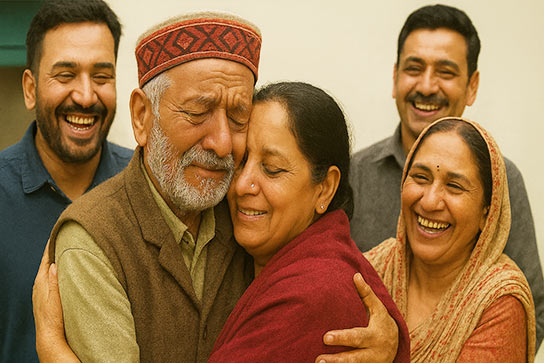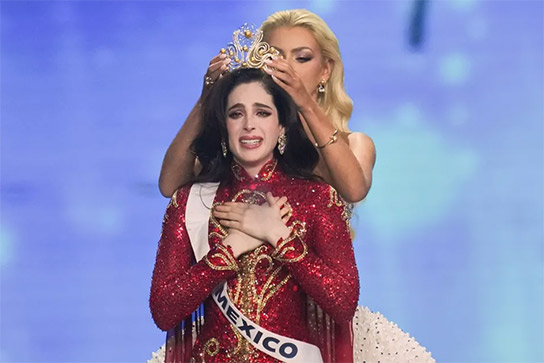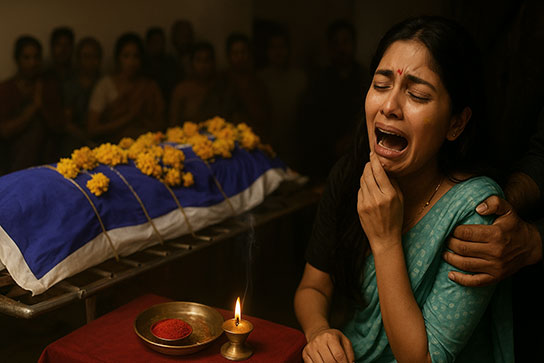TIME's article has been titled, 'I Cannot Be Intimidated. I Cannot Be Bought.' The Women Leading India's Farmers' Protests – also highlights that beyond pushing the government to repeal the farm reform laws, these women are also fighting patriarchy and changing mindsets about femicide, sexual violence, and gender discrimination.
 Jasbir Kaur, a 74-year-old farmer from Rampur in western Uttar Pradesh told the magazine, "Something snapped within us when we heard the government tell the women to go back home." It's late February and Kaur has been camping at the Ghazipur protest site for over three months, only returning home once. She was stung by the court's suggestion that women were mere care workers providing cooking and cleaning services at these sites -- though she does do some of that work -- rather than equal stakeholders.
Jasbir Kaur, a 74-year-old farmer from Rampur in western Uttar Pradesh told the magazine, "Something snapped within us when we heard the government tell the women to go back home." It's late February and Kaur has been camping at the Ghazipur protest site for over three months, only returning home once. She was stung by the court's suggestion that women were mere care workers providing cooking and cleaning services at these sites -- though she does do some of that work -- rather than equal stakeholders."Why should we go back? This is not just the men's protest. We toil in the fields alongside the men. Who are we -- if not farmers?" According to Oxfam India, 85% of rural women work in agriculture, but only around 13% own any land.
In another social media post, ''Time magazine stated that "a gender-rights activist from Haryana, Sudesh Goyat has been at the Tikri protest site since the very beginning, helping mobilize women and organize for January 18 to be recognized as Women Farmers Day".
Goyal told the magazine, ''Women work equally in the fields with the men. It's only right they should be here to protest," she says. "The awareness among women about their own power has never been higher than now." Since November, hundreds of thousands of farmers had gathered at different sites on the outskirts of the Indian capital to demand the repeal of three agricultural laws that they say would destroy their livelihoods. But after the court suggested women leave, they "started to pour in. They came with their families. They came with other women. They came alone. It's no less than a miracle,"
Well, in the year 1976, TIME magazine named Indira Gandhi as Woman of the Year when she had become 'India's great authoritarian.' TIME mentioned her as 'ruthless as she was charismatic,' noting how her administration was 'swamped by an avalanche of street protests.' This time, TIME has highlighted the power of Indian women who are at the forefront over the last months.




